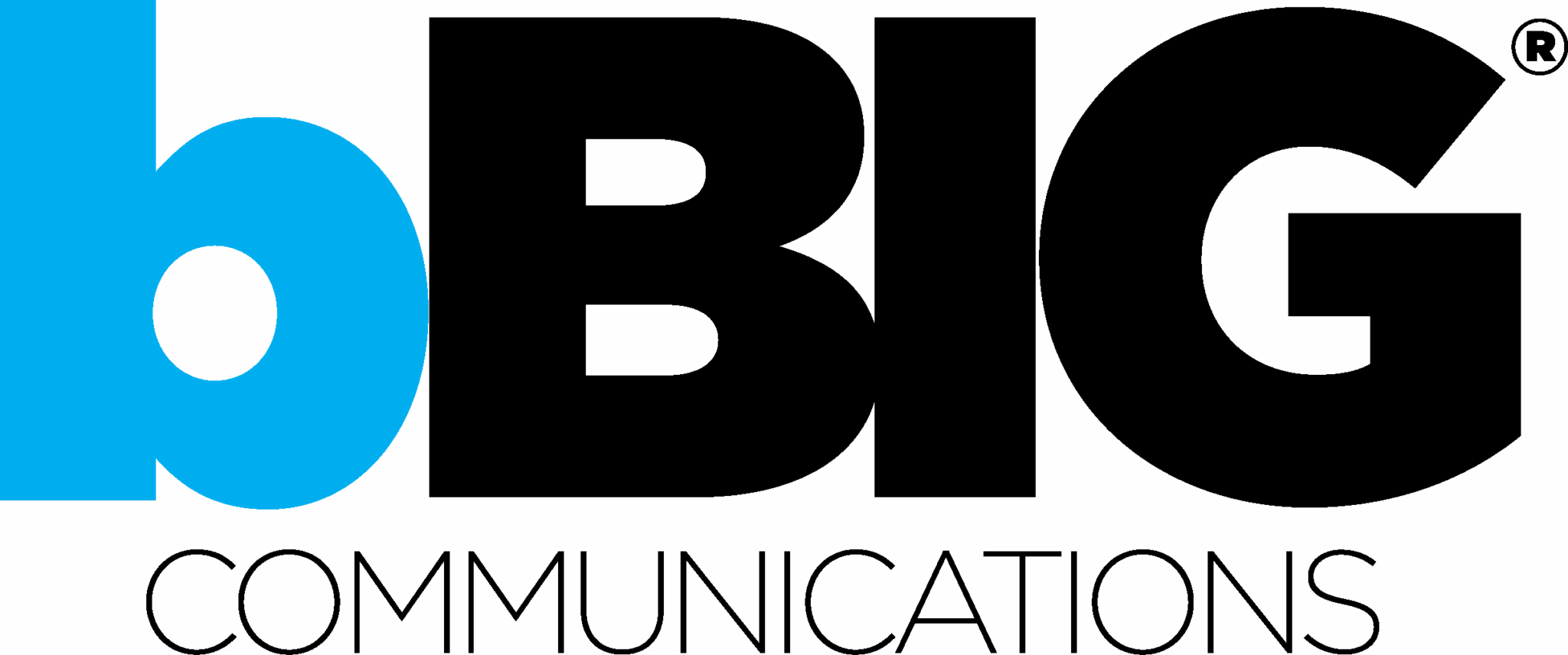
In the digital age, having a strong online presence is crucial for any business or individual. And when it comes to establishing that presence, search engine optimization (SEO) plays a pivotal role. Among the various website-building platforms available, WordPress stands tall as a powerhouse for crafting not only visually appealing but also SEO-friendly websites. Let’s dig into the dynamic duo of WordPress and SEO.
Quality Content Reigns, SEO Wears the Crown: WordPress, originally designed for blogging, has evolved into a versatile content management system (CMS) empowering websites of all sizes and types. But the heart of WordPress remains its user-friendly interface that facilitates content creation and management. High-quality content is the foundation of any successful SEO strategy. With WordPress’s intuitive content creation tools, you can easily craft compelling articles, pages, and media that engage your audience and encourage them to stay longer on your site – a key factor in Google’s ranking algorithm.
SEO-Friendly Architecture: WordPress’s structure and architecture inherently lend themselves to good SEO practices. The platform generates clean and organized code, which search engines appreciate. Additionally, WordPress offers a plethora of plugins and themes, many of which are designed with SEO in mind. These tools enable users to optimize their website’s on-page elements such as meta titles, descriptions, and headings without needing to delve into the intricacies of coding.
The Plugin Advantage: One of the major factors that set WordPress apart is its extensive library of plugins. Plugins are small apps that can be easily added to your WordPress site to enhance its functionality. In the realm of SEO, plugins like Yoast SEO and All in One SEO Pack are highly popular. They guide you through optimizing individual pages for target keywords, creating XML sitemaps, and ensuring your content is easy for search engines to crawl.
Mobile Optimization – A Must: With the majority of online searches now coming from mobile devices, Google considers mobile-friendliness a critical ranking factor. Fortunately, WordPress offers a range of responsive themes that automatically adapt your website’s layout to various screen sizes. This helps to ensure a seamless user experience across all devices, contributing to better SEO rankings.
Loading Speed Matters: Website loading speed has a direct impact on user experience and SEO rankings. Slow-loading websites tend to have higher bounce rates, which can negatively affect your search engine rankings. WordPress’s optimization plugins and the platform’s commitment to performance mean that even non-technical users can improve their website’s loading speed without advanced coding knowledge.
In conclusion, harnessing the power of WordPress for SEO can be a game-changer for your online presence. Its user-friendly interface, SEO-friendly architecture, plugins, mobile optimization, and loading speed enhancements make it a top choice for those who want to create a website that not only looks great but also performs exceptionally well in search engine results. By leveraging the strengths of WordPress and SEO together, you can establish a strong digital footprint that will resonate with your audience and help you achieve your online goals.
Let Us Help
To take your brand to new heights, or if you would like additional customer support, please contact Matthew Smith at msmith@bbigcommunications.com
